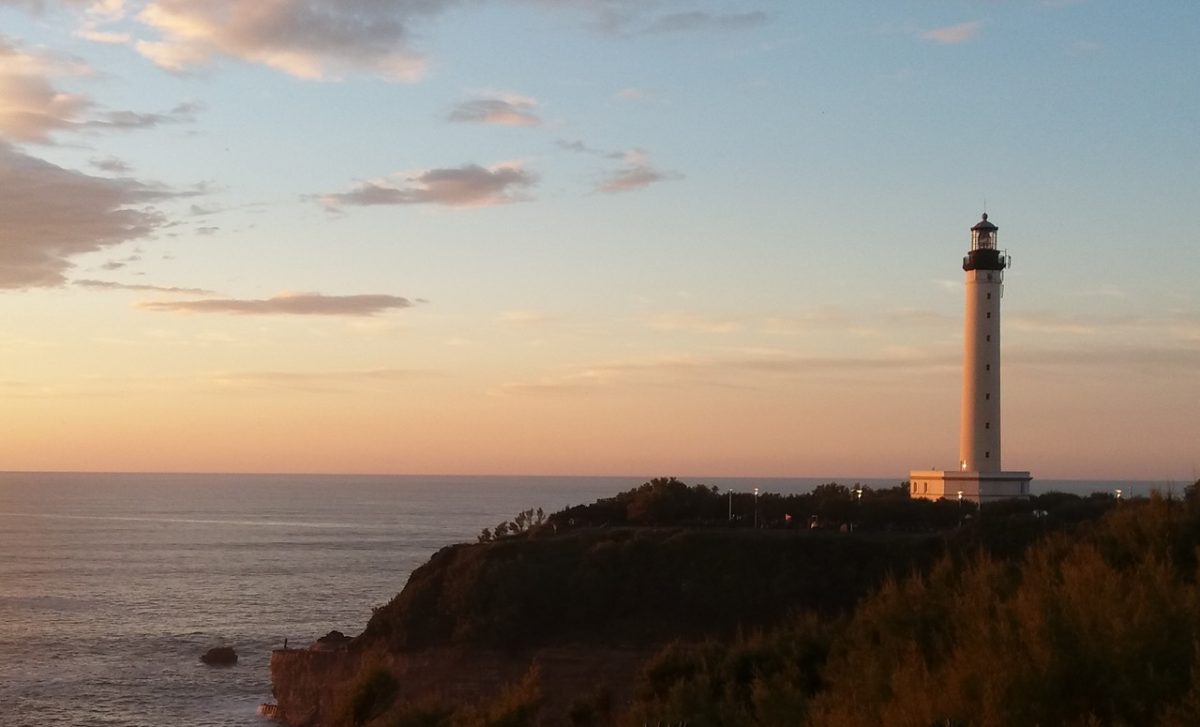Wisdom is an intuitive kind of knowledge. It differs from scientific knowledge, the impersonal knowledge of facts, but is just as important. It depends on deeply felt attitudes of kindness and compassion. Because in essence it involves people caring about people, wisdom offers great hope.
Wisdom does not depend on holding any particular beliefs, whether ideological, political, religious or non-religious. It does depend, though, on having (even briefly) a mysterious and magical experience of wholeness, according to which you feel wonderfully connected – to all of nature, to the totality of the universe, and through this to everyone else – regardless of age, race, creed, colour, sexual preferences or anything. In summary, everything and everyone is connected to everything and everyone else – past, present and future.
What a person thinks, says and does moment by moment, therefore has an effect – however subtle – on everyone and everything; so wisdom involves taking mature responsibility for your thoughts, words and actions – equally and importantly, for silence and inaction, for what you avoid saying and do not do.
Wisdom, then, involves much more than intellectual understanding. Ultimately, it depends on having the undeniable experience of seamless indivisibility, of an inviolable cosmic wholeness or sacred unity. Such a profound sense of connection is possible through some kind of ‘epiphany’, ‘spiritual awakening’, ‘conversion experience’ or ‘rebirth’, but the search for wisdom does not begin there.
Awareness of the whole-in-one depends on a kind of sensibility that can be developed and nurtured – a ‘wisdom mind‘, so to speak. Attuned to timeless wonder and mystery, this faculty is most keenly active in childhood, but usually grows faint by the time of adolescence. In everyday life thereafter, it is rational, time-fixated, achievement-oriented values and attitudes that dominate. Both ways of seeing and being are important but, in today’s secular, materialist society, now seem dangerously out of kilter.
Becoming a wisdom seeker, then, means restoring a healthy personal balance in a way that benefits everyone. The World Wide Wave of Wisdom involves a call to contemplation, as much as a call to action. Words and actions will flow spontaneously, once the forces of wisdom and compassion in your life begin to outweigh the ego-based tendencies towards following worldly pursuits and distractions.
It is a simple call: to think more often and more deeply about one’s aims, ambitions and priorities, about your most heartfelt values, about how you interact with other people, how you fit in with the world of nature, and with the greater whole of existence.
What gives your life meaning? From what, and who, do you derive direction, courage, inner strength, hope and a sense of purpose? What makes you feel alive?
Congratulations and Thanks! Reading this far, and starting to reflect on these matters, means to us that you are already joining the wave!
To go further, take a look at the section ‘The Science of Wisdom – Four Sets of Ideas’, or skip to the section ‘Suggestions On How To Make Progress’.
